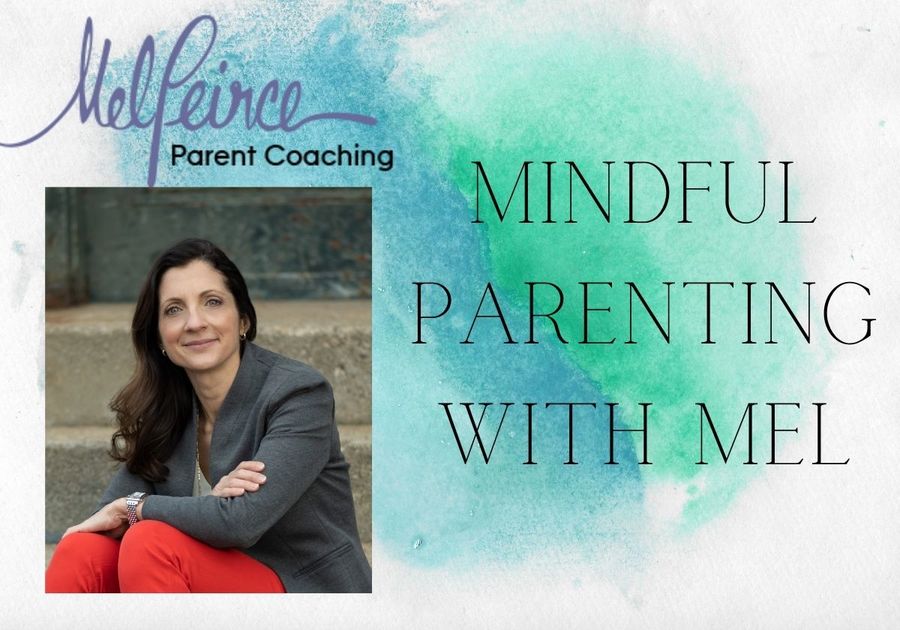Is your child anxious about school or starting a new activity? Each new school year means new teachers, different social dynamics, and new things to learn. With so many things being new and unknown, it’s normal for a child to be anxious. As parents, how we handle our child’s anxiety can have a significant impact, so I coach and teach around it often this time of year.
I invite you to pause and think about your typical response when your child is anxious when facing something new. Is your first instinct to reassure your child, telling them they will be okay and that there’s nothing to worry about?
I bring this up because this is the natural response for many, if not most, parents, myself included. We think reassuring our kids and telling them everything will be okay will help calm their nerves.
This situation arose in a recent coaching session with parents whose child is starting kindergarten. Their child has been in daycare for years, so he is used to being away from his parents, but he does have some nerves about starting school. When the practice day arrived for the kindergartners, he didn’t want to go. The mom told me about it, and I asked her what she had said. Even though she knew it was entirely normal for him to be nervous as we had already talked about it, at the moment, she still responded by becoming a “cheerleader” of sorts and told him you’re going to be okay. Unfortunately, that just made him shut down even more.
When we tell our kids there is no reason to worry or be nervous when they are feeling that way, it can actually heighten their anxiety. They’re not only still worried, but now they’re thinking something is wrong because they feel anxious when we tell them they shouldn’t be.
The alternative is to help kids understand that it’s totally normal to be anxious when faced with new and unknown situations. Here’s what you can say:
Of course, you’re worried! That’s completely normal, and I expected it. I still get anxious sometimes when I’m going somewhere new and don’t know what to expect.
For littles who aren’t able to communicate their worries or understand the anxiety they’re feeling and are just refusing to go— you can say something like this: I’m guessing that because this is new, you don’t know what it will be like, so you’re feeling really uncomfortable right now. Then just stop talking, sit there calmly, take some deep belly breaths, and wait for them to process what you said.
As you talk to your child, you want to ensure that your face and voice are neutral. If you are anxious at all, your child will pick up on your anxiety, which will make them think that they should be anxious and worried, too, no matter what you say.
My favorite example of this strategy comes from my own family. My sister reached out to me when her daughter was nervous about starting a sports program, as she would be one of the younger kids there. In the past, my sister would have told my niece that she didn’t have anything to worry about and just worked to reassure her.
After our discussion, she switched tactics and told my niece it was totally normal to be nervous. She shared how she, too, gets nervous before doing new things and that it’s common for most people to be anxious when facing new situations. My sister later shared with me how she could visibly see my niece relax. She got out of the car and went into the building for the program without needing any further encouragement. Then, she went on to have a great experience.
Accepting and validating our children’s anxiety is such a simple shift, but it can make a world of difference. From personal experience, I can share that it may take a while and lots of practice for kids who really struggle with anxiety over new situations, but it does get easier.
If you have a child who is anxious about school or you’re going through behavioral challenges and don’t know what to do, I can help! This month in the Confident Parenting Club, we are doing a deep dive into how to support and prepare kids (and yourself) for upcoming changes and going back to school! Join the club to get your most pressing parenting questions answered and support to help your child start school successfully. Click here to check out the Club, and use coupon code SCHOOL to get 25% off when you join.



